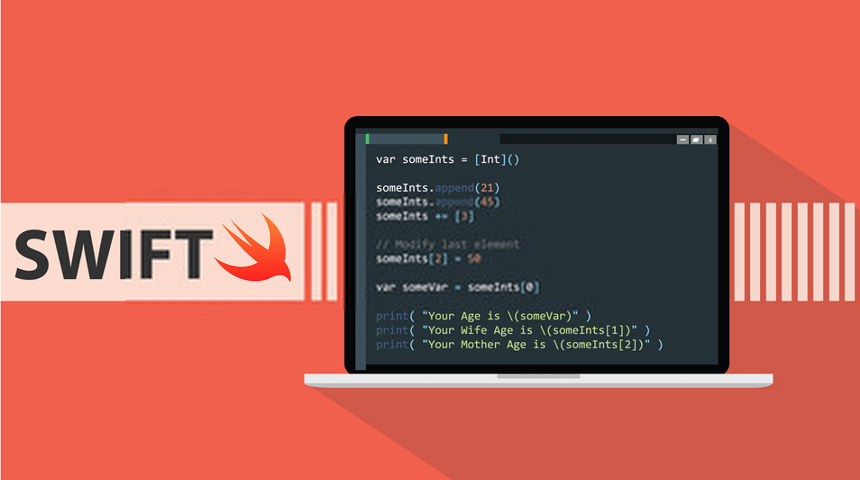
Free eBooks for Beginners
SWIFT is a programming language that is widely used for developing iOS and macOS applications. If you’re just starting out with SWIFT, you may be wondering what to do when something goes wrong in your code. This is where error handling comes in. Error handling is a process that helps you identify and handle errors in your code, so that your application can continue to run smoothly even when things don’t go according to plan.
There are several ways to handle errors in SWIFT, and it’s important to understand these methods so that you can write code that is robust and can handle unexpected situations.
Optionals
One of the simplest and most common ways to handle errors in SWIFT is through the use of optionals. An optional is a type of variable that can either contain a value or be nil, which means it contains no value. When you use optionals, you’re able to handle cases where a value may or may not exist.
For example, if you’re trying to access an item in an array and the item doesn’t exist, you can use an optional to handle the error. If the item exists, your code will be able to access it, and if it doesn’t, your code can take alternative actions.
Try-Catch
Another way to handle errors in SWIFT is through the use of the try-catch statement. With the try-catch statement, you can wrap a section of your code in a try block and specify what to do if an error occurs in that block. You can specify the error-handling code in the catch block.
For example, if you’re trying to access a file on the disk and the file doesn’t exist, you can use a try-catch statement to handle the error. If the file exists, your code will be able to access it, and if it doesn’t, your code can take alternative actions.
Throwing Errors
You can also handle errors in SWIFT by throwing errors yourself. This means that you can raise an error when something goes wrong in your code, and this error can be caught and handled by another part of your code.
For example, if you’re writing a function that performs a calculation and the calculation fails, you can throw an error to indicate that the calculation has failed. Your code can then catch the error and handle it in an appropriate manner.
In conclusion, error handling is an important aspect of SWIFT programming, and it’s important to understand the different methods that you can use to handle errors in your code. Whether you use optionals, try-catch statements, or throwing errors, the goal is to write code that is robust and can handle unexpected situations.
Cookbook – SWIFT for Beginners – Chapter 15: Error Handling
 Loading...
Loading...
Disclaimer: The information and code presented within this recipe/tutorial is only for educational and coaching purposes for beginners and developers. Anyone can practice and apply the recipe/tutorial presented here, but the reader is taking full responsibility for his/her actions. The author (content curator) of this recipe (code / program) has made every effort to ensure the accuracy of the information was correct at time of publication. The author (content curator) does not assume and hereby disclaims any liability to any party for any loss, damage, or disruption caused by errors or omissions, whether such errors or omissions result from accident, negligence, or any other cause. The information presented here could also be found in public knowledge domains.